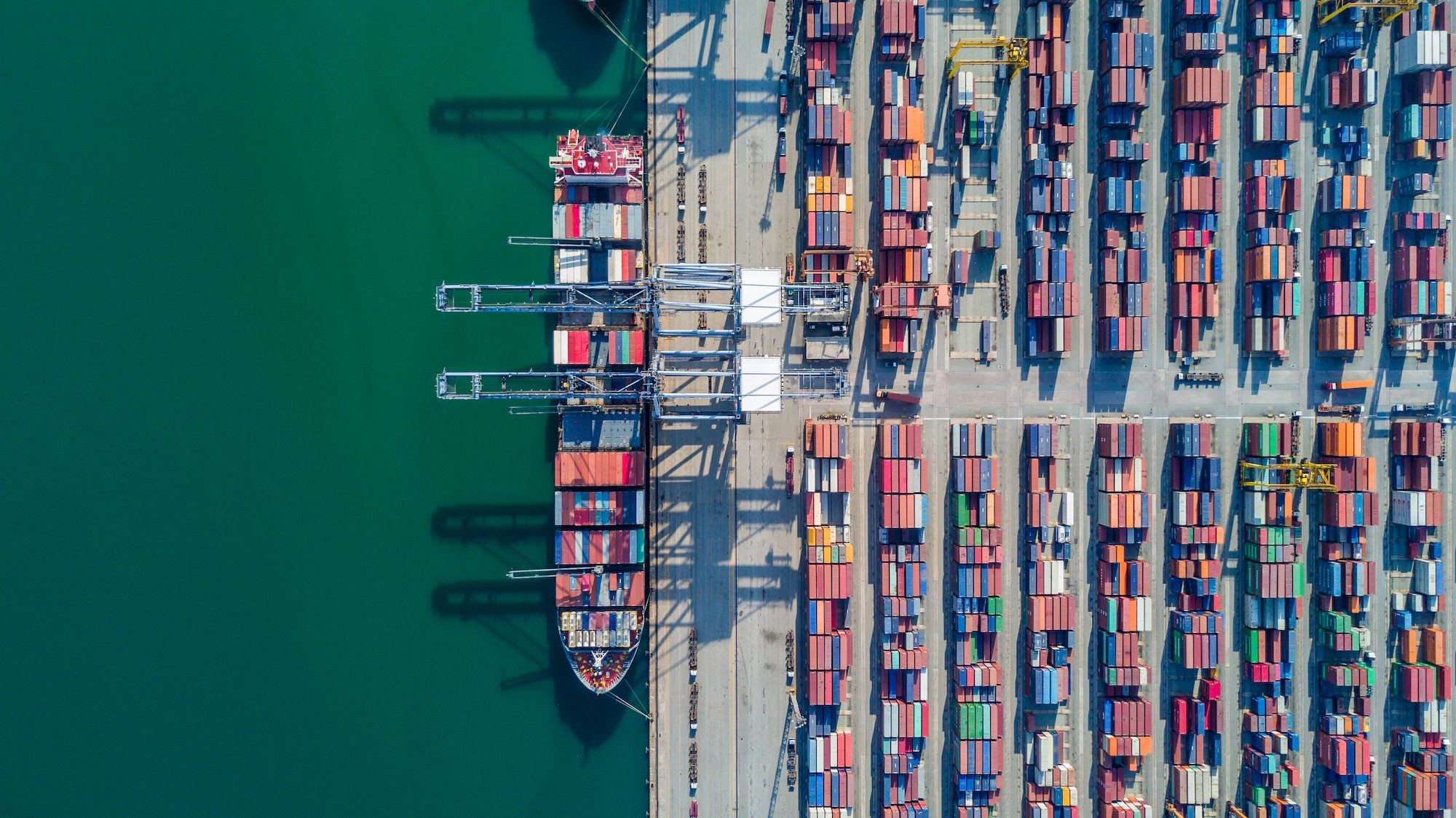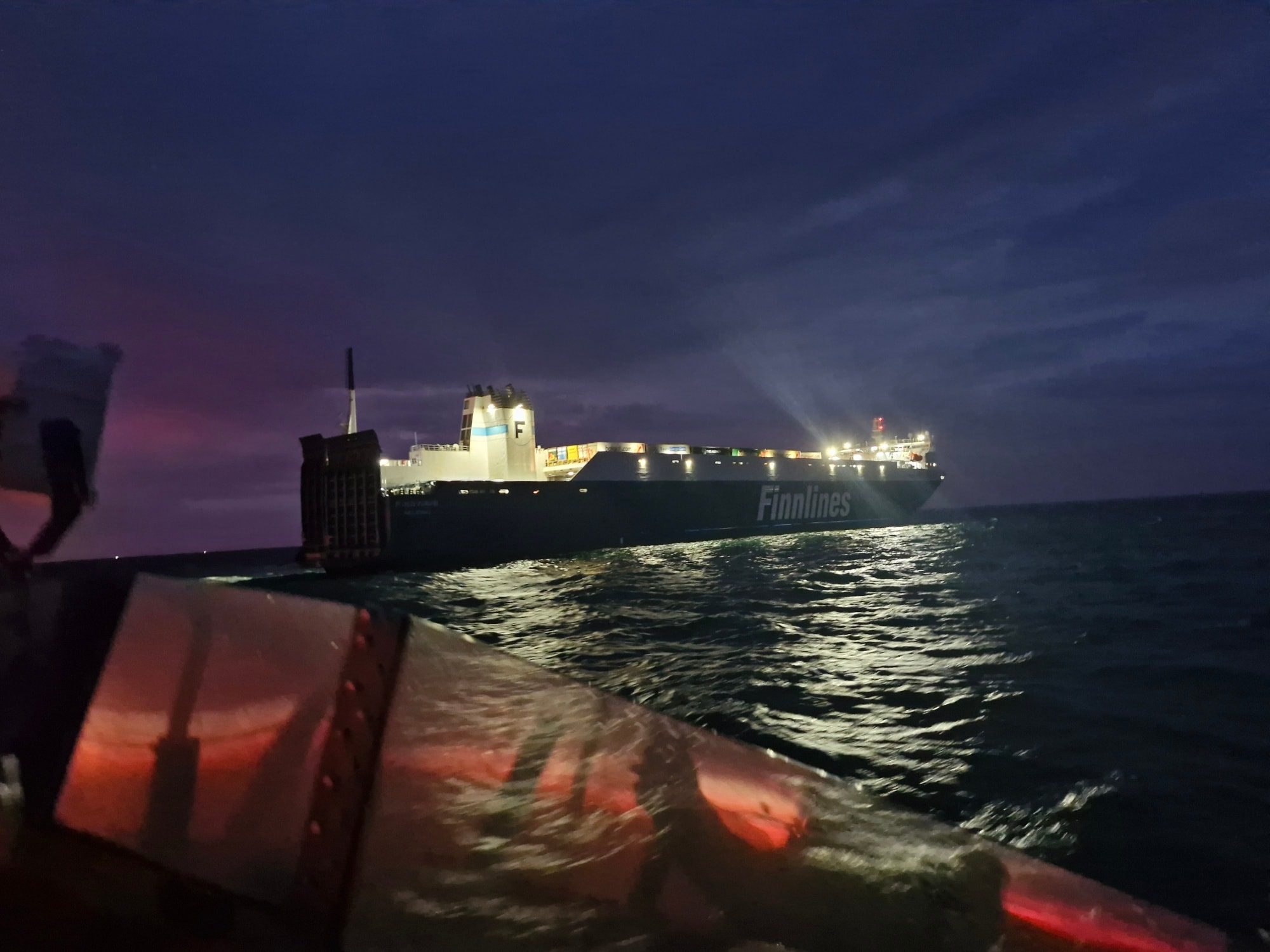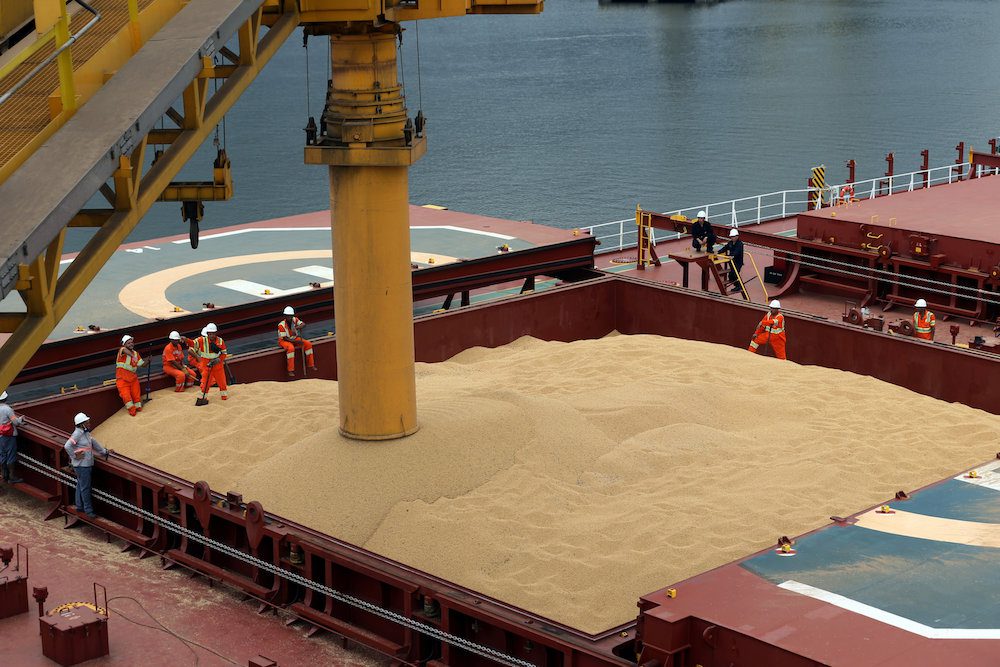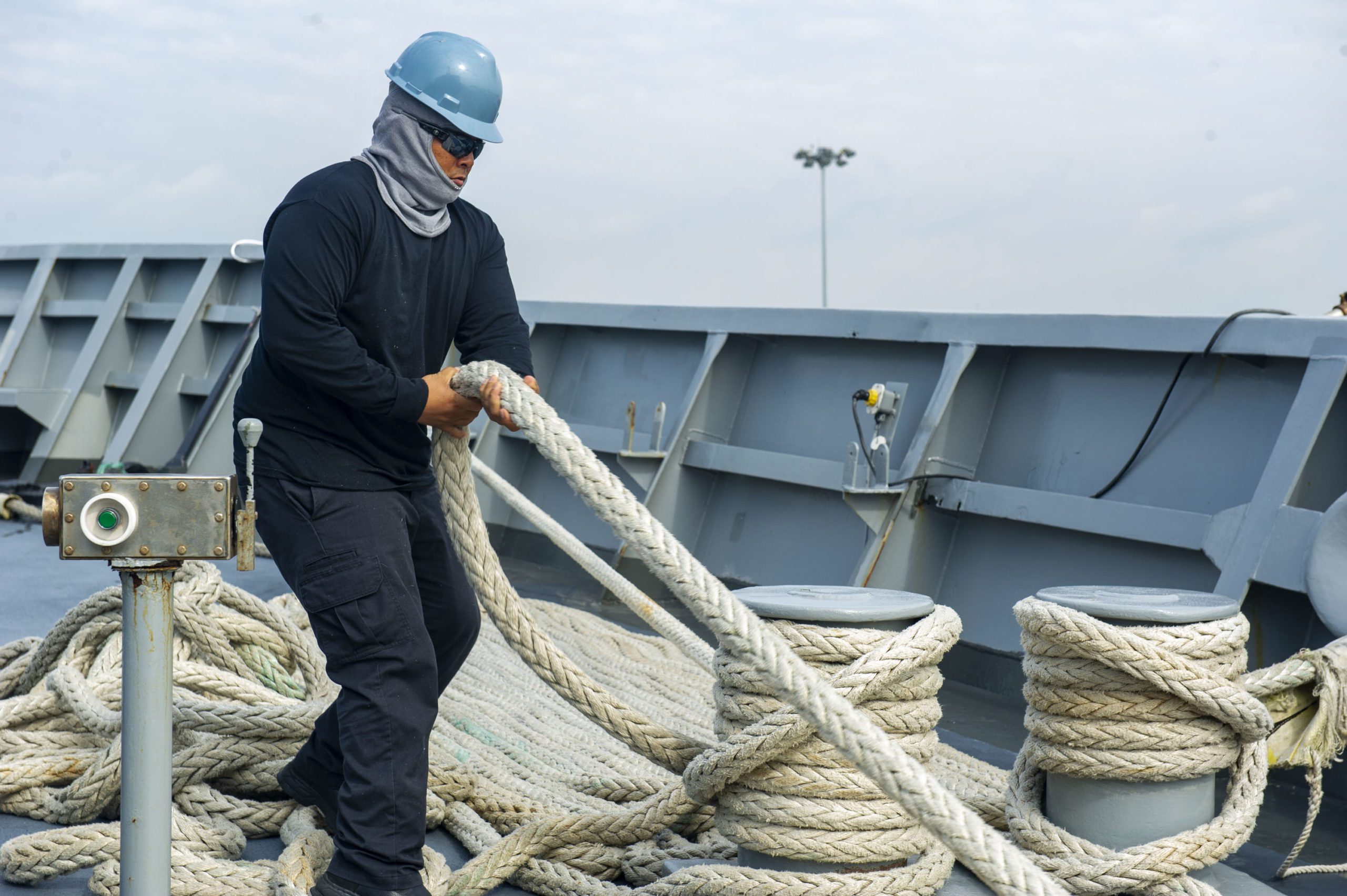By Cagan Koc (Bloomberg) —
In normal times, the Dutch port of Rotterdam is like a machine: hundreds of ships come and go each day, and tens of thousands of boxes are loaded and unloaded from those vessels, all to keep Europe’s economy humming.
Right now, though, sanctions on Russia are snarling thousands of steel shipping containers, the boss of the port said in an interview that gave unique insights into how the beating heart of Europe’s real economy is being disrupted by the measures against Moscow.
The boxes, typically 20 or 40 feet long and destined for the sanctions-hit country, all need careful inspection to make sure that moving them on won’t somehow breach sanctions, according to Port of Rotterdam Chief Executive Officer Allard Castelein.
Multiple agencies are also paying close attention to ships coming from Russia, and a large number of container terminals and shipping companies have also indicated that they will no longer handle cargo bound for the sanctions-hit nation following its invasion of Ukraine.
“You can just imagine the nightmare that emerges,” Castelein, 63, said in the interview at his office at the World Port Center, overlooking the Rotterdam skyline.
Even before the invasion, global supply chains in general — and in the container shipping industry in particular — had scarcely got over the chaos caused by Covid-19, with vessels being pulled out of place and demand for goods booming when the pandemic made many services unavailable.
Out of the thousands of parcels with each arriving vessel “several tens or hundreds may be destined toward Russia,” he said. “You need to isolate them, set them apart, and then do physical inspections of the containers before they can be released.”
“That exercise delivers constraints on the value chain in terms of physical space, manpower and time,” he said, adding that the port currently has 4,500 containers that have been set aside for inspection, an extraordinary situation. “We’re trying to keep that number as low as possible because the yard itself is constrained.”
Castelein said the port is ready to create spare capacity by establishing a so-called lay-by area if the number of Russia-related containers leads to a full blockage of terminals. “The Euromax terminal has expansion capacity, and we might ultimately use that.”
Russian business is a significant part of the port’s operations, as of the roughly 470 million tons transshipped through the facility each year, about 13% are oriented toward Russia.
Of all the containers passing through, 10% are linked in some way to the country, which also exports commodities like steel, copper, aluminum and nickel via the Dutch hub. But a significant part of the port’s total volume is energy related.
Currently, about 30% of Russian crude oil, 25% of liquefied natural gas, and 20% of oil products and coal are imported via Rotterdam, according to the port’s website.
There’s no formal ban against purchasing Russian energy goods but European governments and companies are starting to wean themselves off the supplies and “that comes at a cost,” according to Castelein.
“Much of the refineries in this area have been fine-tuned on Russian crude oil,” which means that even if the supplies could be replaced the efficiency and fuel yields may not be the same, he said.
The Dutch government is taking measures to increase the import capacity of liquefied gas in the Netherlands in the short term. The capacity at the LNG terminal in the port, which is run by Nederlandse Gasunie and Koninklijke Vopak NV, is expected to increase by 30%-40% before year-end, Castelein said.
But energy woes will be far from over, even then.
If European countries refuse to comply with Russian demands to pay in rubles for its gas exports — most of which gets piped directly into the continent — and the Kremlin then halts energy exports, “we could be in dire straits by midnight, very easily,” he said. “Gas storages are not filled so we’re not out of the troubled waters.”
–With assistance from Jody Megson.
© 2022 Bloomberg L.P.

 Join The Club
Join The Club











